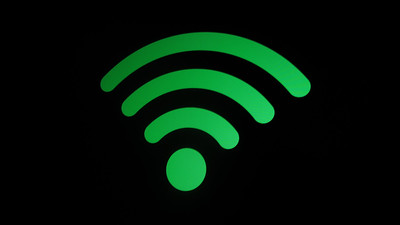According to a report by the National Student Clearinghouse Research Center, post-secondary enrollment dropped by 603,000. Among all institutions, community colleges absorbed 79% of this decline. The figures are staggering, and it underscores the need to return to in-person learning.
Simply re-opening classrooms, however, is not a viable strategy. The area’s K-12 schools are discovering this right now, as COVID-19 cases begin to emerge. The K-6 population is largely unvaccinated and is unlikely to become vaccine-eligible before the end of the year. According to county health authorities, about 60% of vaccine-eligible persons ages 12-16 have received vaccines.
It’s actually a good estimator for what will happen at the community college, where 100% of the population is vaccine-eligible, but a large segment of the population remains unvaccinated. The “super-spreader” potential for the weekend’s football games has not yet fully registered. UM is not requiring visitors to its stadium to be vaccinated. EMU played away this weekend (Wisconsin), but they played at home the weekend before.
It’s kind of ironic because both UM and EMU used their athletic facilities to host ongoing vaccination clinics over the spring and summer.
The only way to get back to in-person learning is to require COVID-19 vaccinations for campus activities, including classes. St. Clair County Community College appears to be the only community college in the state with a vaccine mandate right now. (I suspect this will change shortly.) Most of Michigan’s two-year colleges require masks on campus and strongly recommend vaccination.
Pursuing a mask-only strategy virtually guarantees that any remaining in-person classes will convert to online or virtual classes during the semester. WCC has already converted a significant number of its in-person classes to online or virtual delivery. Most of the late-start courses on the schedule are virtual or online.
COVID-19 jeopardizes safety of in-person learning
Worse than that, every day on campus holds the potential to be a super-spreader event for faculty, staff and students. Currently, COVID-19 has a 2.2% death rate in Michigan. That virtually guarantees that someone who contracts COVID-19 on campus will die as a result. Recent infection data show that between 20%-33% of COVID-19 patients develop ‘long-haul” COVID symptoms that will persist for months (or maybe years) after the initial infection has subsided. For these unfortunate folks, COVID-19 infection can produce permanent damage to the lungs, brain and central nervous system.
In whose second-floor office is it worth it to conduct in-person classes under these circumstances? The only way to do in-person anything is by mandating the vaccine for in-person participants. Vaccination not only reduces the transmission rate, but also the severity of any breakthrough cases, and significantly reduces the risk of developing long-haul COVID-19 symptoms.
If the Board of Trustees is naïve enough to approve $330,000 in Wi-Fi network equipment upgrades that were ridiculously justified as a “life and safety issue”, why the hell doesn’t a vaccine-preventable disease that actually kills people warrant a vaccine mandate?
Photo Credit: Christiaan Colen, via Flickr

























